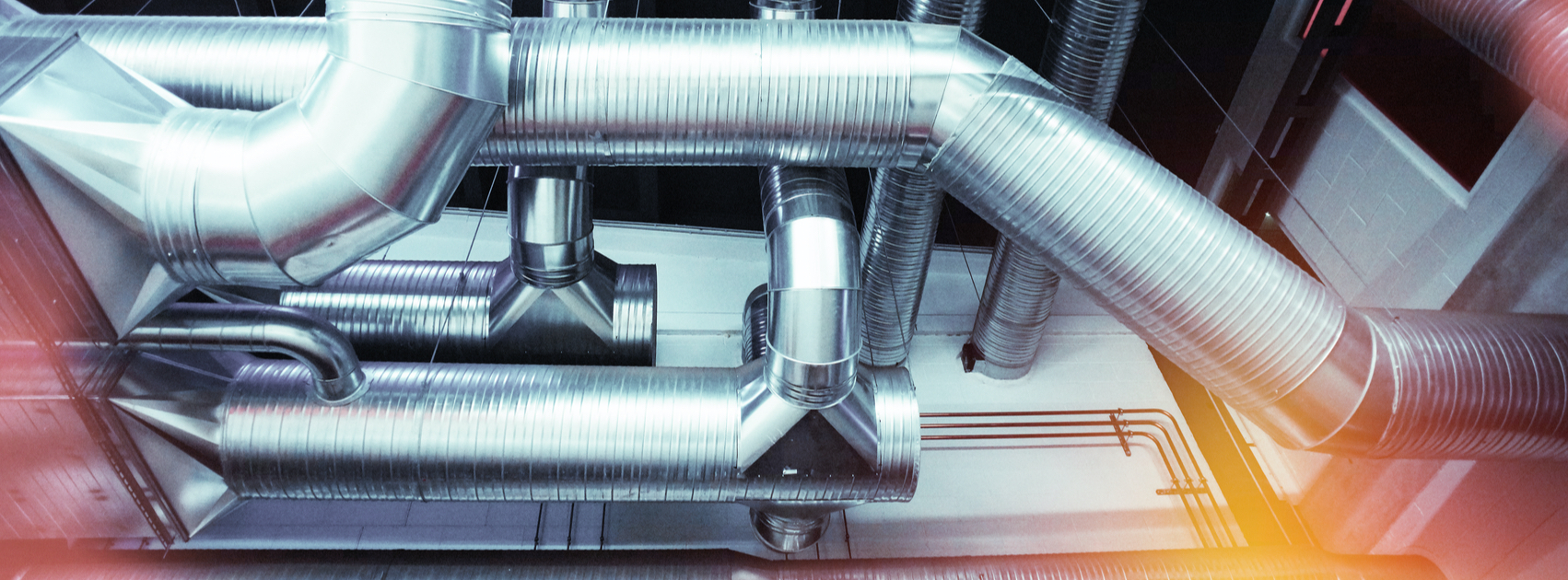Service Repairs Done Right!
We all know that heating and air conditioning systems are essential to the comfort of our homes and work spaced. Yet the “V” (for ventilation) in HVAC may be something of a mystery, what is ventilation and why you need it?
The Simple reason is, ventilation (also referred to as Air Distribution) is required for both HVAC comfort and good air quality. without enough ventilation in your space, you will eventually (and sometimes quickly) experience comfort issues and even health problems. These could range from having trouble sleeping in a stuffy bedroom to experience Sick Building Syndrome in a commercial space.
So What is ventilation exactly, and how does it work with heating and air conditioning systems to maximize your HVAC comfort?
According to the American Society of Heating, Refrigeration and Air Conditioning Engineers (ASHRAE), an HVAC system should “Heat, Cool, clean, Ventilate, humidify, and dehumidify as needed to provide health and HVAC comfort.”
If you live or work in an older building, it’s likely that outdoor air is seeping inside through leaky ducts, poorly insulated walls, and poorly sealed windows and doors. in a way this is a good thing because you are getting sufficient ventilation to ensure HVAC comfort. However it comes with a price: lost energy efficiency. When outdoor air can easily travel in, it makes your air conditioner work harder in the summer and your heating system work harder in the winter, which drives up your energy bills and of course, it also works the other way around: all you expensive conditioned indoor air that is just the right temperature is also leaking out.
Fortunately there is alternatives and different solutions for all this issues and relying on your building to “breathe” through every available crack and opening to get enough ventilation for HVAC comfort.
All these explains how important your ductwork is and how it reflect on your energy expenses.
do you fell like your system is not efficient enough or maybe your ductwork is in bad shape Contact us for a free consultation




